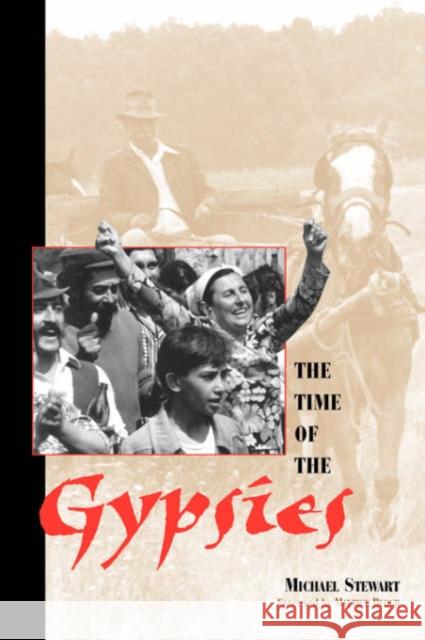The Time of the Gypsies » książka
The Time of the Gypsies
ISBN-13: 9780813331997 / Angielski / Miękka / 1998 / 324 str.
Until 1989 it was official Communist policy in eastern Europe to absorb Gypsies into the ruling working class. Since 1989, the Gypsies have become the scapegoat of postcommunism. More Gypsies have had their houses burned and have been killed in racist attacks in the first six postcommunist years than in all the time since World War II. Today the Gypsies have taken the place of the Jews, feared when poor and isolated in ghettos and hated even more than their skill as traders has brought them unaccustomed wealth and entry to walks of life previously forbidden to them.The Time of the Gypsies is about the refusal of one group of Gypsiesthe Romto abandon their way of life and accept assimilation into the majority population. It is a story about the sources of cultural diversity in modern industrial society and about the fear and hatred that such social and cultural difference may give rise to. The core of the book, based on the author's eighteen months of observation of daily life in a Gypsy settlement, describes the cultivation, celebration, and reinvention of cultural difference and diversity by a people deemed by their social superiors to be too stupid and uncivilized to have a culture at all.The author, who is the only journalist to have lived in a community of eastern European Gypsies and learned their language, takes the reader on the journey of discovery that he himself made. The answer to seemingly trivial puzzles, such as why the visiting Gypsy woman sits on the author's hat, all become part of the explanation of how this unique people, without a homeland but unlike any other diaspora population with no dream of a homeland, has sustained itself."











